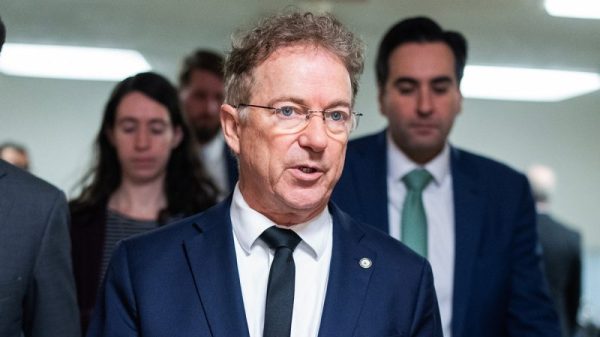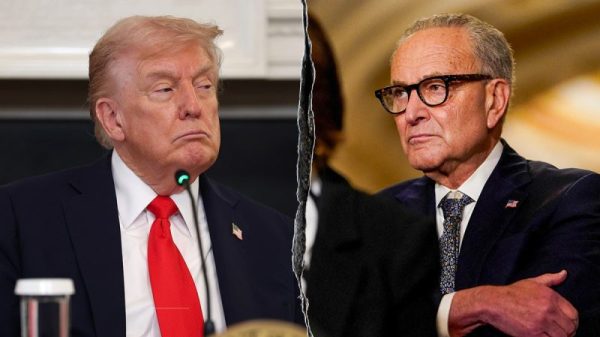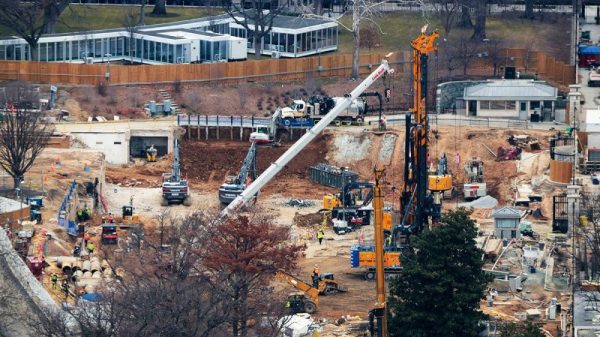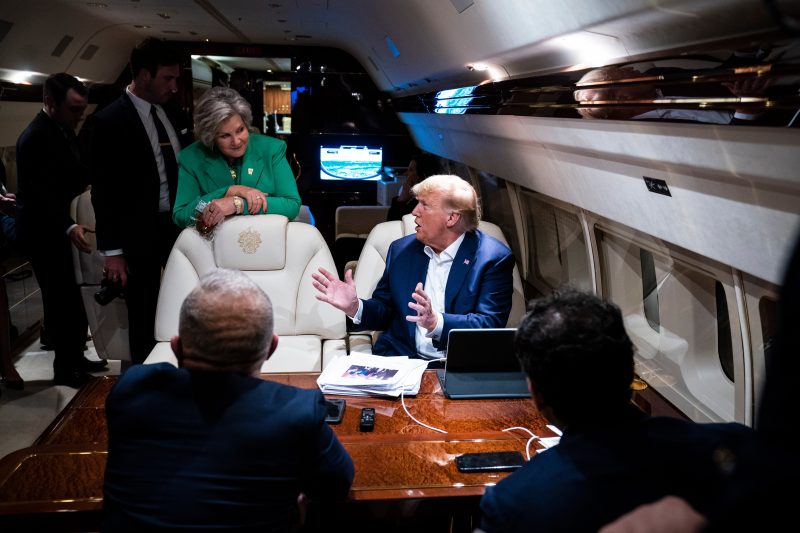In the past eight years, America has witnessed a dramatic evolution in its political landscape. From promises of draining the swamp to navigating the murky waters of Washington politics, the journey has been nothing short of intriguing. The rise of Donald Trump as a political figure embodied a promise of change, a shake-up of the traditional power structures, and an oath to restore transparency and accountability to governance.
However, as time has unfolded, the narrative seems to have shifted. Eight years ago, Trump’s rallying cry to drain the swamp resonated with many disillusioned Americans, promising an end to corruption and cronyism in Washington. The imagery of a maverick outsider challenging the political establishment captivated the nation, leading to his unprecedented victory in the 2016 presidential election.
Fast forward to today, and the landscape looks vastly different. Instead of draining the swamp, Trump finds himself swimming in it. The promises of transparency and accountability have been overshadowed by scandals, controversies, and a revolving door of officials mired in conflicts of interest. The very system that he vowed to upend seems to have co-opted him, raising questions about the sincerity of his initial intentions.
The phenomenon of Trump’s evolution from outsider to insider reflects the complex nature of politics and governance. The realities of power, influence, and the intricate web of relationships that shape decision-making have proven to be formidable challenges even for the most determined reformers. As Trump navigates the corridors of power, he finds himself entangled in the very system he sought to dismantle.
Moreover, the dynamics of power in Washington are not easily upended. The entrenched interests, the lobbyists, the special interest groups—all exerting their sway on policy outcomes—present a formidable obstacle to any attempts at reform. The inertia of the system, the resistance to change, and the sheer complexity of governing a nation as diverse and polarized as the United States all contribute to the challenges of effecting meaningful transformation.
In hindsight, the journey from promising to drain the swamp to swimming in it serves as a cautionary tale of the complexities of governance and the enduring nature of the status quo. It underscores the need for a deeper understanding of the forces at play, a more nuanced approach to reform, and a recognition of the inherent tensions between idealism and pragmatism in the exercise of power.
As America looks towards the future, the lessons of the past eight years serve as a sobering reminder of the challenges that lie ahead. The promise of change, the allure of disruption, and the fervor of political rhetoric must be tempered with a dose of realism, an appreciation of institutional constraints, and a commitment to the values that underpin democratic governance. Only then can the vision of a truly accountable and transparent government be realized, transcending the cycle of promises made and promises broken in the ever-evolving landscape of American politics.






















